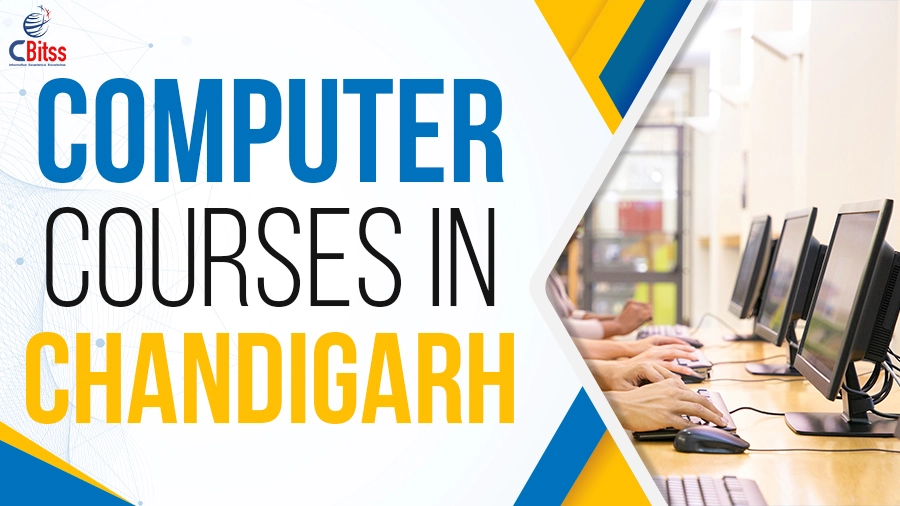Which is best computer course?
The “best” computer course depends on various factors such as individual interests, career goals, current skill level, and industry demand. However, some computer courses are highly valued in the job market and offer excellent career prospects. Here are some popular computer courses that are often considered valuable:
Programming and Software Development Courses
Python Programming: Python is a versatile and widely-used programming language known for its simplicity and readability. Learning Python opens up opportunities in web development, data analysis, artificial intelligence, machine learning, and automation.
Java Programming: Java is a robust, object-oriented programming language commonly used for building enterprise-level applications, Android mobile apps, and web development projects.
Full-Stack Web Development: Full-stack web development courses cover both front-end (HTML, CSS, JavaScript) and back-end (Node.js, Express.js, MongoDB) technologies, enabling students to build dynamic and interactive web applications.
Mobile App Development: Courses in mobile app development teach students how to create iOS apps using Swift or Android apps using Java or Kotlin. Mobile app development skills are in high demand due to the proliferation of smartphones and mobile applications.
Data Science and Analytics Courses:
Data Science: Data science courses cover topics such as data analysis, data visualization, machine learning, and statistical modeling. Data scientists use programming languages like Python and R to extract insights from large datasets and make data-driven decisions.
Big Data and Hadoop: Big data courses focus on processing and analyzing large volumes of data using distributed computing frameworks like Hadoop and Spark. Skills in big data technologies are valuable for businesses seeking to derive insights from massive datasets.
Business Analytics: Business analytics courses teach students how to use data analysis tools and techniques to optimize business processes, improve decision-making, and drive business growth.
Cybersecurity Courses:
Ethical Hacking: Ethical hacking courses train individuals to identify vulnerabilities in computer systems and networks, assess cybersecurity risks, and implement effective security measures to protect against cyber threats.
Cybersecurity Fundamentals: Cybersecurity courses cover topics such as network security, cryptography, risk management, and incident response. Professionals with cybersecurity skills are in high demand to safeguard organizations against cyber attacks and data breaches.
Cloud Computing Courses:
Amazon Web Services (AWS), Microsoft Azure, Google Cloud: Cloud computing courses provide training in cloud platforms and services such as infrastructure as a service (IaaS), platform as a service (PaaS), and software as a service (SaaS). Cloud computing skills are essential for deploying, managing, and securing applications and services in the cloud.
Certification Courses:
CompTIA A+, Network+, Security+: These certifications validate foundational knowledge and skills in IT support, networking, and cybersecurity.
Cisco Certified Network Associate (CCNA): CCNA certification demonstrates proficiency in networking fundamentals, routing and switching technologies, and network security.
Microsoft Certified: Azure Fundamentals, Azure Administrator Associate, Azure Developer Associate: Microsoft Azure certifications validate expertise in Microsoft Azure cloud services and solutions.
Ultimately, the Best Computer courses in Chandigarh for you will depend on your interests, career aspirations, and the specific skills in demand in your desired industry or job market. It’s essential to research and consider your options carefully to choose a course that aligns with your goals and offers the greatest potential for career growth and success.
What is the basic computer course?
The basic computer course typically covers fundamental concepts and skills that are essential for beginners to learn about using computers effectively. These courses are designed to provide a solid foundation in computer literacy and commonly include topics such as:
Introduction to Computers:
Overview of computer hardware, software, and peripherals.
Understanding the basic components of a computer system, including the CPU, memory, storage devices, input/output devices, and operating system.
Operating Systems:
Introduction to popular operating systems such as Windows, macOS, and Linux.
Navigating the desktop environment, file management, and using basic system utilities and applications.
Word Processing:
Introduction to word processing software such as Microsoft Word or Google Docs.
Creating, formatting, editing, and saving documents.
Basic text formatting, including font styles, sizes, colors, and alignment.
Spreadsheet Skills:
Introduction to spreadsheet software such as Microsoft Excel or Google Sheets.
Creating, formatting, and editing spreadsheets.
Performing basic calculations, creating formulas, and using functions.
Internet Basics:
Understanding the basics of the Internet, including web browsers, URLs, and hyperlinks.
Navigating the World Wide Web, searching for information using search engines, and evaluating online sources.
Introduction to email, including composing, sending, receiving, and managing emails.
Computer Security and Privacy:
Understanding common cybersecurity threats and risks, such as malware, phishing, and identity theft.
Best practices for protecting personal information, passwords, and data security.
Introduction to antivirus software, firewalls, and other security measures.
Basic Troubleshooting:
Identifying common computer problems and errors.
Troubleshooting basic hardware and software issues.
Understanding when and how to seek help from technical support or IT professionals.
Introduction to Digital Citizenship:
Understanding digital citizenship and responsible use of technology.
Ethical considerations related to online behavior, privacy, copyright, and intellectual property.
These topics cover the essential skills and knowledge needed to navigate and use computers effectively in various personal, academic, and professional settings. Basic computer courses are suitable for individuals with little to no prior experience with computers and serve as a stepping stone for further learning and skill development in more advanced Computer courses in Chandigarh and technology-related fields.
Read more article:- Techsolution

